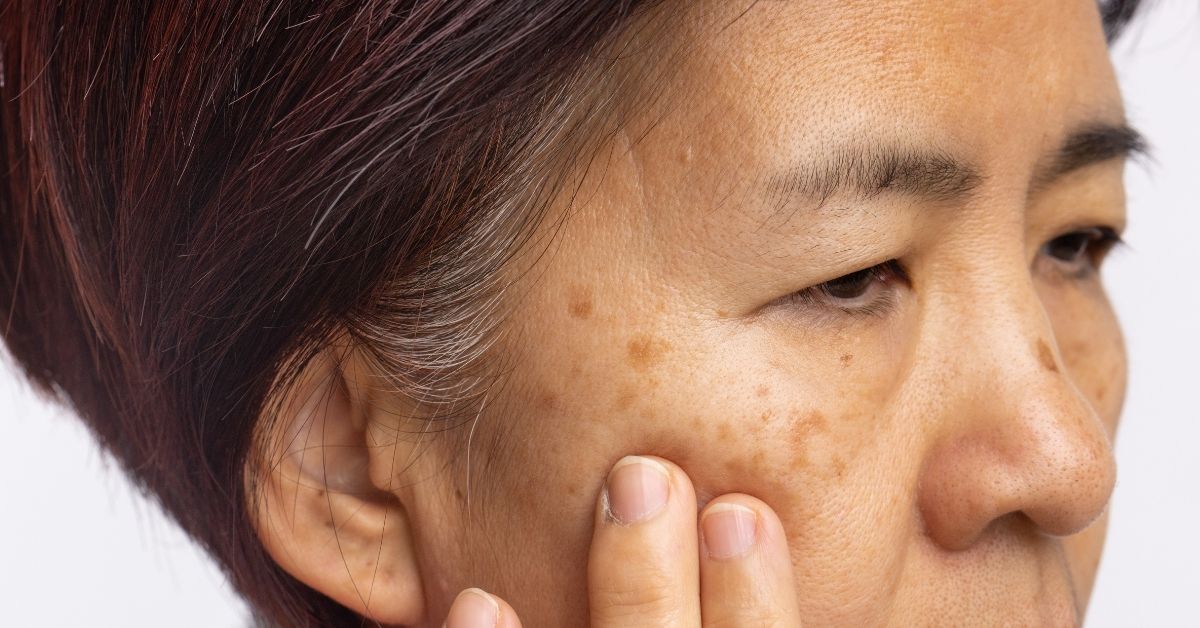
-
Posted By drruby.Sachdev@gmail.com
-
-
Comments 0
Understanding the relationship between diet and skin health is crucial for maintaining a radiant and youthful appearance. Your diet impacts more than just your weight and energy levels; it significantly influences your skin’s health. The impact of diet on skin is profound, affecting conditions like acne, dryness, and premature aging. This blog explores how a poor diet can negatively impact your skin and provides guidance on the best foods for clear skin and overall better skin health.
The Connection Between Diet and Skin Health
The link between diet and skin health is well-documented. What you eat directly affects the health and appearance of your skin. Nutrients from food are essential for skin repair, hydration, and protection from environmental damage. A balanced diet rich in vitamins and minerals can enhance your skin’s appearance, while a poor diet can lead to various skin problems.
Common Skin Problems Caused by Poor Diet
A poor diet can manifest in several skin issues, highlighting the importance of nutrition and skin appearance. Some common skin problems include:
- Acne: High-sugar diets and dairy consumption are linked to increased acne breakouts.
- Dryness: Lack of essential fatty acids and hydration can lead to dry, flaky skin.
- Aging: Poor nutrition accelerates the aging process, causing wrinkles and loss of elasticity.
Inflammation: Processed foods and sugars can increase inflammation, exacerbating conditions like eczema and psoriasis.
Key Nutrients for Healthy Skin
For optimal skin health, certain nutrients play a crucial role:
- Vitamin C: Essential for collagen production and skin repair.
- Vitamin E: Acts as an antioxidant, protecting skin from oxidative damage.
- Vitamin A: Promotes cell turnover and skin renewal.
- Omega-3 Fatty Acids: Reduce inflammation and keep skin moisturized.
- Zinc: Helps with skin healing and reduces inflammation.
Incorporating these vitamins for skin health into your diet can significantly improve your skin’s appearance and resilience.
Foods to Avoid for Better Skin Health
Certain foods can negatively impact skin health and should be consumed in moderation:
- Sugary Foods: High sugar intake can lead to glycation, damaging collagen and elastin.
- Dairy Products: Linked to increased acne breakouts in some individuals.
- Processed Foods: Often high in unhealthy fats and sugars, contributing to inflammation.
- Refined Carbs: Such as white bread and pasta, which can spike insulin levels and worsen acne.
Understanding the effects of sugar on skin and other harmful foods is vital for maintaining a healthy complexion.
Foods to Include for Glowing Skin
A healthy diet for skin includes a variety of nutrient-rich foods that support skin health:
Fruits and Vegetables
Fruits and vegetables are rich in antioxidants, vitamins, and minerals that benefit the skin:
- Berries: High in antioxidants that protect the skin from damage.
- Citrus Fruits: Excellent sources of vitamin C.
- Leafy Greens: Packed with vitamins A, C, and E.
- Carrots and Sweet Potatoes: Rich in beta-carotene, a precursor of vitamin A.
Whole Grains
Whole grains provide essential nutrients and help maintain steady blood sugar levels:
- Quinoa: High in protein and essential amino acids.
- Oats: Rich in fiber and help reduce inflammation.
- Brown Rice: Contains selenium, which can help maintain skin elasticity.
Healthy Fats
Healthy fats are crucial for keeping the skin moisturized and supple:
- Avocados: High in healthy fats and vitamin E.
- Nuts and Seeds: Provide omega-3 fatty acids and antioxidants.
- Olive Oil: Contains anti-inflammatory properties and is rich in antioxidants.
Incorporating these foods for clear skin into your daily diet can lead to noticeable improvements in your skin’s appearance and health.
Lifestyle Tips for Better Skin
Beyond diet, certain lifestyle habits can enhance skin health:
Balanced Diet
Maintain a balanced diet that includes a variety of nutrients. Focus on whole foods and avoid processed items.
Regular Exercise
Exercise improves circulation, which helps nourish skin cells and keeps them healthy.
Adequate Sleep
Sleep is essential for skin repair and rejuvenation. Aim for 7-9 hours of quality sleep each night.
Conclusion
Diet and skin health are intricately connected. A poor diet can lead to various skin problems, while a balanced, nutrient-rich diet can promote glowing, healthy skin. By understanding the impact of diet on skin and incorporating the right foods and habits, you can achieve a radiant complexion and better overall health.
Frequently Asked Questions
Diet plays a crucial role in skin health by providing the necessary nutrients for skin repair, hydration, and protection against environmental damage.
Yes, a poor diet, especially one high in sugars and dairy, can exacerbate acne breakouts.
Dehydration can lead to dry, flaky skin and accentuate fine lines and wrinkles, making the skin appear dull.
Yes, foods high in sugar, processed foods, and certain dairy products can worsen inflammatory skin conditions like eczema and psoriasis.
Common signs include increased acne breakouts, dryness, premature aging, and overall dullness of the skin.
Yes, improving your diet can significantly enhance skin health and improve conditions like acne, dryness, and inflammation.
Include foods rich in vitamins C, E, and A, omega-3 fatty acids, antioxidants, and hydration-supporting foods like fruits, vegetables, whole grains, and healthy fats for better skin health.
By focusing on a balanced diet and healthy lifestyle habits, you can improve your skin’s health and achieve a glowing complexion.
Recent Posts
- Bangalore Monsoon Skin SOS: Dr Ruby Sachdev’s Tips to Beat Seasonal Breakouts
- Stretch Marks Demystified: Only These Treatments Really Fade Them—Here’s Why
- Dry Scalp vs. Dandruff? Spot the Difference & End the Itch for Good
- 🧴 Pollution + UV in Bangalore? Why Sunscreen Alone Isn’t Enough—Your Complete Daily Skin Defense
- Glass Skin Treatment in Bangalore: Is It Worth the Hype?




